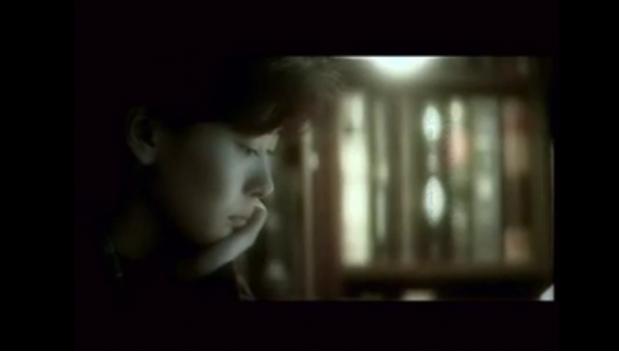http://www.dailyspeculations.com/wordpress/?p=4021
Within this interesting article speaking of the mystery and gravitas of the number Seven, is a fascinating comment by L. Glazier.
Mr. G extends the discussion on Sevens with a reference to the 7-levels of the common heptatonic musical scale, represented by the solfege instruction syllables: Do, Re, Mi, Fa, Sol, La, and Ti.
The remark that “the fourth level has a natural tendency to fall back to the third, if there is insufficient energy to take it further in the octave. At eight it starts again.”,
is most revealing, and probably points to the tradition in the musical theory of diatonic functions, where modulation into the fourth tone (Fa) or subdominant tone, is thought to involve a release of tension or energy. And if there is “insufficient energy to take it further”, it falls back to the third, in a natural return (musical recapitulation) back to the lower-level (greater/absolute/stable) energies of the root triad (1st to 3rd notes).
This is repeated again at the seventh tone (Ti) or subtonic tone, as the passing tone to lead to the all-important tonic level (eighth or first of the higher octave).
[Interestingly, a comparison with the pentatonic scale (five notes per octave), especially as prescribed in traditional Chinese music, appears to match the cadence of the heptatonic scale described above but seems to be underpinned by a musicology which is the inverse of the above “release of tension or energy”.
Traditional Chinese music for the most part is based on the five tones – Do, Re, Mi, Sol, La; where the Fa (fourth) and Ti (seventh) tones corresponding to the heptatonic scale are omitted, because they are considered to be ‘unnatural’ or stressed tones filled with anxiety/tension, which are not complementary with the basic harmonious/relational five tones.
]
But beyond Seven, Five, or even One, and before attributing significance to any number, the foremost query poses itself: Just what are numbers; and how did they come about ?
Reaching past archaeological findings of ancient tally marks; Franz Boas’s anthropological abstractions of prehistoric languages with their simple and yet all-encompassing “one, two and many”; side-stepping at this point the concomitant conceptualization of Number(as sequence-label-measure) with the conjoined entities of Time/Space/Being; and even beyond the idealized logic and geometrics of the Pythagorean mathematicians;
it is Mythology which may provide hints to the wellspring of this most fundamental concept in human thinking, that is Number.
Prometheus, in addition to his bequeathing of fire, has also been called the ‘Father of Number’ [Aeschylus, “Prometheus Bound”];
where the Promethean gift of numbers to Man is a gift of order and stability.
Stability from what? From the chaos of the indeterminate, that ancient tug-of-war between Order and Chaos, One and Many; where number or arithmos is seen as a pause or point of mediation between the opposing forces of Limit and Unlimited.
Here then is familiar ground, the Unlimited or apeiron of the Pre-Socratics (Anaximander, Anaxagoras and Pythagoras) and following them, elucidated further in the teachings of the multitude of Pythagoreans, and especially of Philolaus, extending number as the ordering system of the universe.*
[As for the mythology of chaos, this is truly variegated with multiple but probably not independent sources. Older than the Greek/Olympian Chaos is the Babylonian/Mesopotamian dark goddess of primordial chaos herself, Tiamat; there is the Indian Mrtyu; and the Chinese progenitor Pangu, born when the cosmic chaos-egg finally balanced/resolved itself into separate yin and yang.
]
Mr. G alludes tantalizingly to the ‘transcendental’ numbers, and while a counting of “ever newer numbers” may or may not lead to Cantor’s cardinality of the continuum, some aspects of the transcendence of numbers have already been laid out centuries earlier:
But mode, species and order seem to belong to the nature of being, for it is written: “Thou hast ordered all things in measure, and number, and weight” (Wis. 11:21). And to these three can be reduced species, mode and order, as Augustine says, “Measure fixes the mode of everything, number gives it its species, and weight gives it rest and stability.”
…multitude in nature is created; and everything created is comprehended under some clear intention of the Creator; for no agent acts aimlessly. Hence everything created must be comprehended in a certain number.
-Thomas Aquinas, Summa Theologica
{*The dynamics and many-faceted conception of limit and unlimited or peras and apeiron, are mind-bending, or rather mind-circling/resonating indeed}
